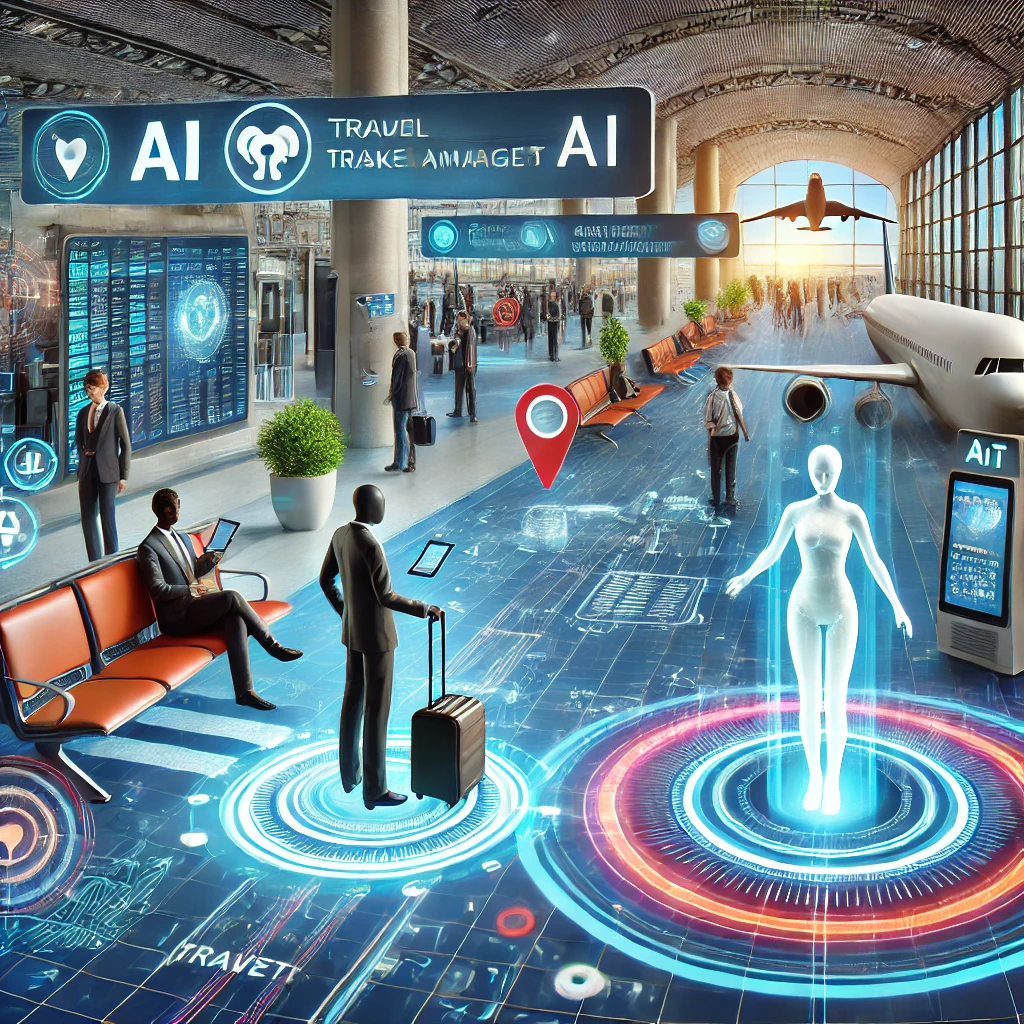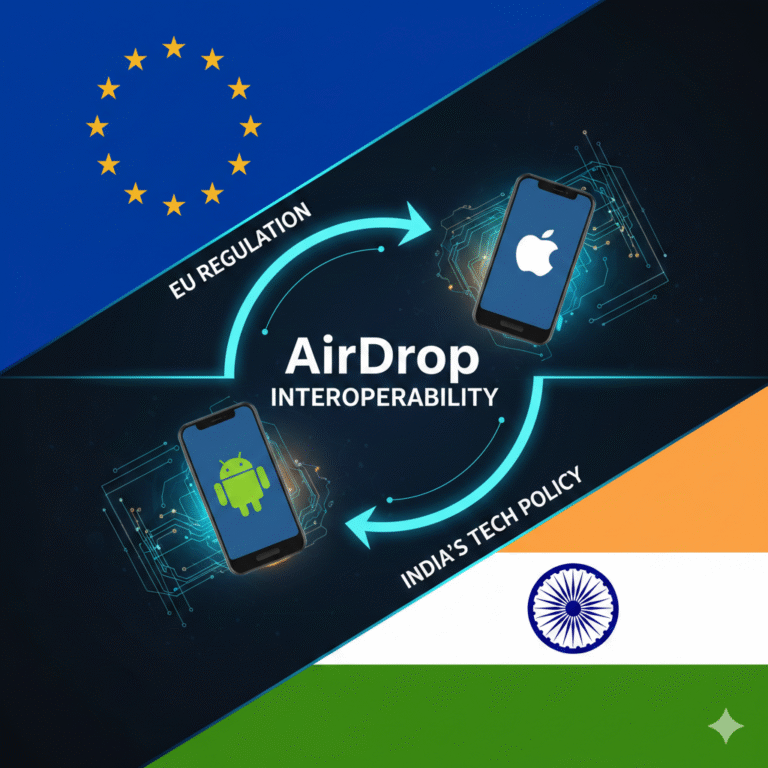Introduction
Travel has always been an integral part of human life, whether for leisure, business, or exploration. However, in an era of unpredictable global events, the importance of Travel Risk Management (TRM) has increased significantly. With emerging technologies, shifting geopolitical landscapes, and evolving traveler expectations, the future of travel risk management is undergoing a major transformation.
This article explores how technology, artificial intelligence (AI), data analytics, and global policies are shaping the future of travel risk management, ensuring that individuals and organizations can navigate uncertainties with confidence.
Understanding Travel Risks in the Modern Era
The travel industry is facing unprecedented challenges, from pandemics and climate change to cybersecurity threats and geopolitical instability. To effectively manage these risks, organizations and travelers need a proactive approach. Below are some of the major risks impacting travel today:
- Health and Safety Risks – Pandemics, disease outbreaks, and poor healthcare facilities in certain regions.
- Natural Disasters – Earthquakes, hurricanes, floods, and wildfires disrupting travel plans.
- Political and Social Unrest – Civil conflicts, terrorism, and government instability.
- Cyber Threats – Data breaches, identity theft, and hacking of personal and financial information.
- Financial Risks – Airline bankruptcies, currency fluctuations, and fraudulent transactions.
- Legal and Compliance Issues – Visa restrictions, travel bans, and regulatory requirements.
The Role of Technology in Travel Risk Management
1. Artificial Intelligence (AI) and Predictive Analytics
AI and machine learning are revolutionizing travel risk assessment by analyzing vast amounts of real-time data. AI-driven tools can:
- Detect early warning signs of risks in specific destinations.
- Provide real-time alerts on safety concerns.
- Offer predictive insights to travelers and organizations based on historical data.
For instance, Riskline, an AI-powered risk management tool, provides up-to-date risk assessments by analyzing local news, social media, and government reports.
2. Internet of Things (IoT) for Traveler Safety
IoT technology is improving traveler security by integrating smart devices with travel risk management systems. Examples include:
- Smart wearables that track health metrics and provide emergency alerts.
- Geo-tracking systems that notify companies or emergency responders if a traveler enters a high-risk zone.
- Connected transportation networks that help travelers reroute in case of disruptions.
3. Blockchain for Secure Travel Documentation
Blockchain is transforming how travel documents and transactions are handled by:
- Enhancing the security of passports and visas with tamper-proof digital identities.
- Securing financial transactions and preventing fraud in online bookings.
- Facilitating seamless border control by using decentralized databases to verify traveler credentials.
4. Cybersecurity Measures for Digital Travel Safety
With the rise of digital transactions and mobile bookings, travel risk management must incorporate robust cybersecurity protocols to protect travelers’ sensitive data. Advanced encryption, multi-factor authentication, and biometric verification are becoming standard practices for:
- Securing online payments.
- Preventing identity theft.
- Safeguarding airline and hotel reservation data.
Corporate Travel Risk Management: A New Era of Duty of Care
For corporations, Duty of Care—the legal obligation to protect employees while traveling—is evolving. Businesses are investing in:
- Comprehensive Travel Risk Assessment Platforms like International SOS and WorldAware.
- Emergency Response Plans that include medical evacuations and crisis management.
- 24/7 Traveler Support Hotlines to provide instant assistance in case of an emergency.
According to a study by the Global Business Travel Association (GBTA), 73% of corporate travel managers are increasing their focus on risk management tools.
Emerging Trends in Travel Risk Management
- Biometric Screening and Contactless Travel – Airports and hotels are using facial recognition, fingerprint scanning, and contactless payments to enhance security while reducing physical contact.
- Personalized Risk Alerts – AI-driven apps provide customized safety recommendations based on an individual’s travel itinerary and personal risk profile.
- Integration of Climate Change Analytics – Predictive models are now considering climate risks to advise travelers on extreme weather conditions and natural disaster hotspots.
- Remote Work and Digital Nomad Policies – With more professionals working remotely, companies are adopting new TRM strategies to support employees working from various global locations.
Future Challenges in Travel Risk Management
Despite technological advancements, several challenges remain:
- Data Privacy Concerns – AI and IoT collect vast amounts of traveler data, raising ethical and legal issues regarding privacy.
- Regulatory Fragmentation – Different countries have different travel regulations, making standardization difficult.
- Cost of Implementation – Advanced risk management tools and security measures can be expensive, limiting accessibility for small businesses and individual travelers.
Conclusion
The future of travel risk management is dynamic and heavily reliant on technology. AI, IoT, blockchain, and cybersecurity innovations are reshaping how risks are assessed and mitigated, making travel safer and more predictable. However, challenges such as data privacy, regulatory compliance, and cost remain key issues that need ongoing attention.
As travelers and businesses adapt to this evolving landscape, investing in proactive risk management strategies is no longer optional—it’s a necessity. Whether for leisure or corporate travel, ensuring safety, security, and compliance will be the foundation of a resilient travel industry.
References
- Global Business Travel Association (GBTA) Report – 2023
- Riskline AI Travel Risk Report – 2023
- International SOS Travel Risk Outlook – 2024
- World Economic Forum: The Future of Travel Security
- McKinsey & Company: AI and Travel Safety Trends










+ There are no comments
Add yours